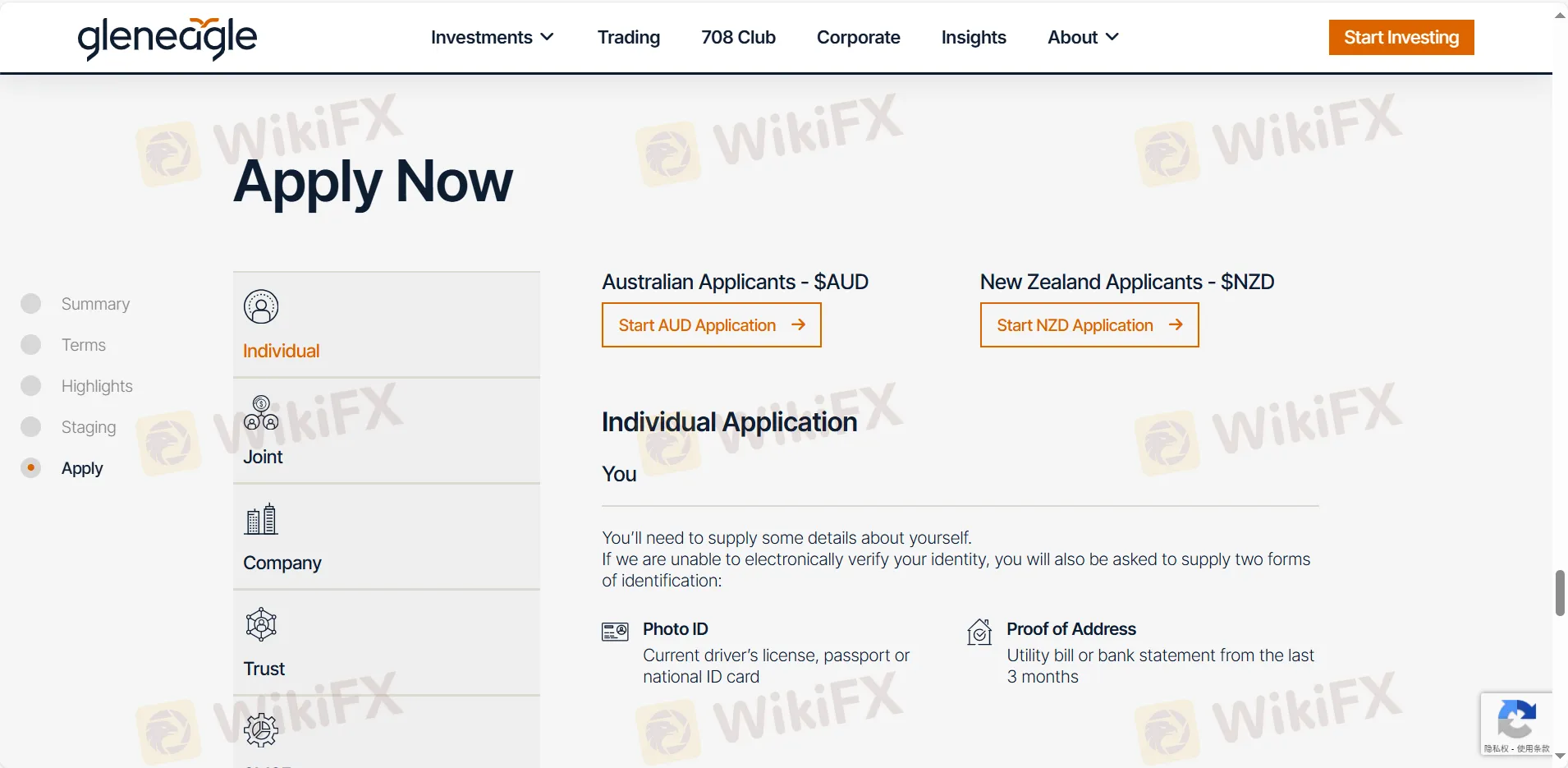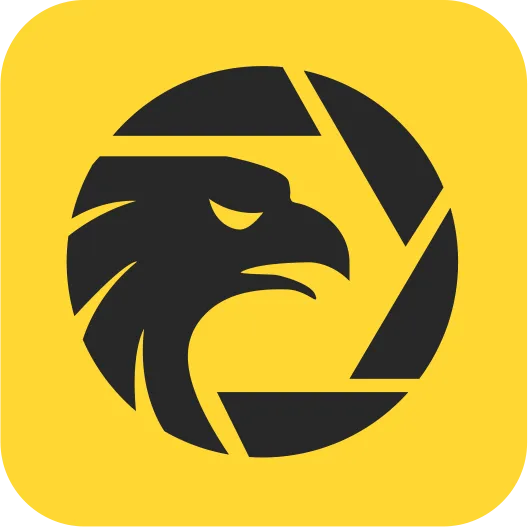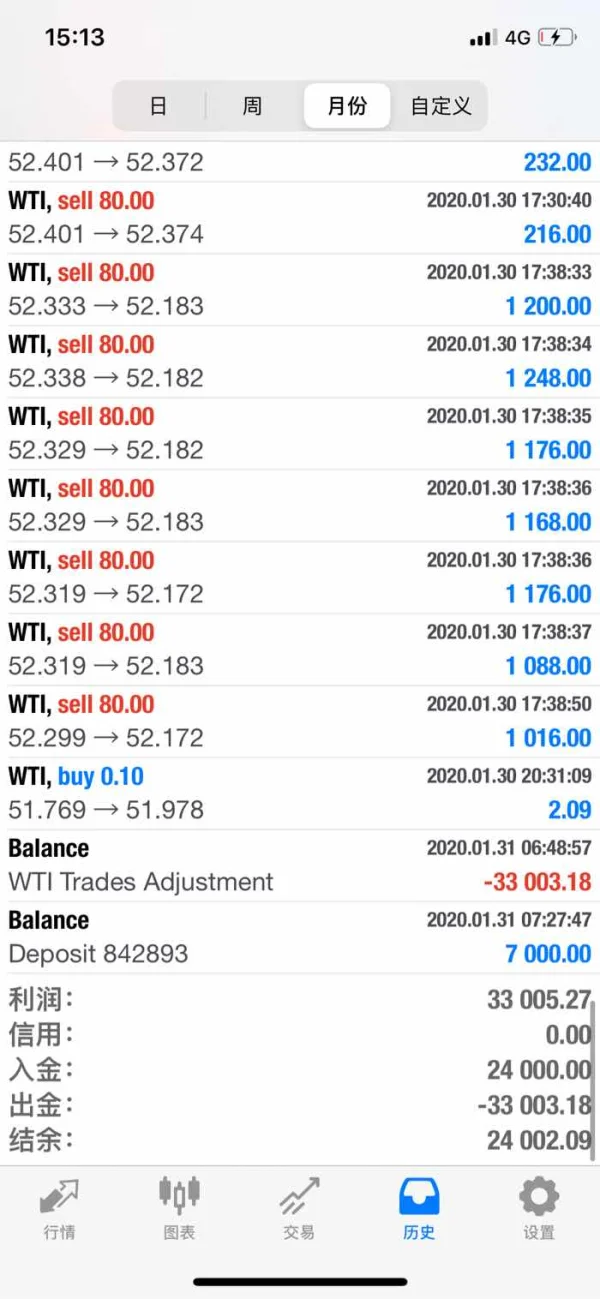회사 소개
| Gleneagle 리뷰 요약 | |
| 설립 연도 | 2010 |
| 등록 국가/지역 | 호주 |
| 규제 | ASIC |
| 서비스 | 부동산 대출, 자본 조달, 투자 기금, 전략, 수입 지급, 자본 성장 |
| 거래 플랫폼 | GleneagleWeb |
| 고객 지원 | 문의 양식 |
| 전화: 1300 123 345 | |
| 이메일: members@gleneagle.com.au | |
| 주소: Level 27, 25 Bligh Street, Sydney NSW 2000 | |
| Facebook, LinkedIn | |
Gleneagle 정보
Gleneagle은 2010년 호주에서 설립된 프리미어 중개 및 금융 서비스의 규제된 공급 업체입니다. 부동산 대출, 자본 조달, 투자 기금, 전략, 수입 지급 및 자본 성장을 위한 서비스를 제공합니다.
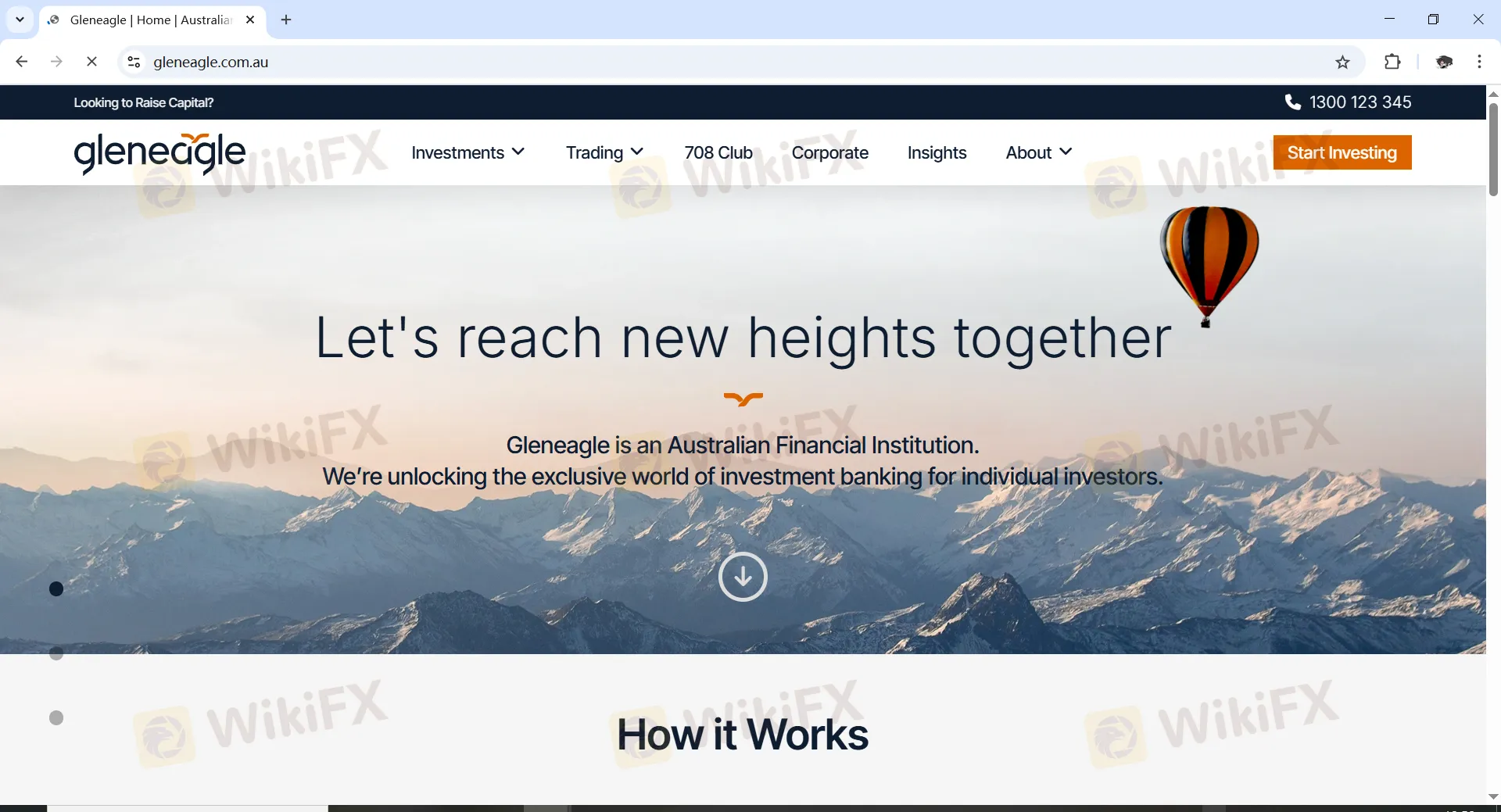
장단점
| 장점 | 단점 |
| 운영 시간이 길다 | 수수료가 부과됨 |
| 다양한 연락 채널 | |
| 다양한 금융 서비스 제공 |
Gleneagle 합법적인가요?
예. Gleneagle은 ASIC에 의해 라이선스를 받아 서비스를 제공합니다. 라이선스 번호는 000337985입니다. 호주증권거래위원회(ASIC)는 호주의 기업 규제기관으로, 1998년 7월 1일 월리스 조사의 권고에 따라 설립된 호주 정부의 독립 기관입니다.
| 규제 국가 | 규제기관 | 현재 상태 | 규제 업체 | 라이선스 유형 | 라이선스 번호 |
 | 호주증권거래위원회 (ASIC) | 규제됨 | GLENEAGLE SECURITIES (AUST) PTY LIMITED | 마켓 메이커 (MM) | 000337985 |
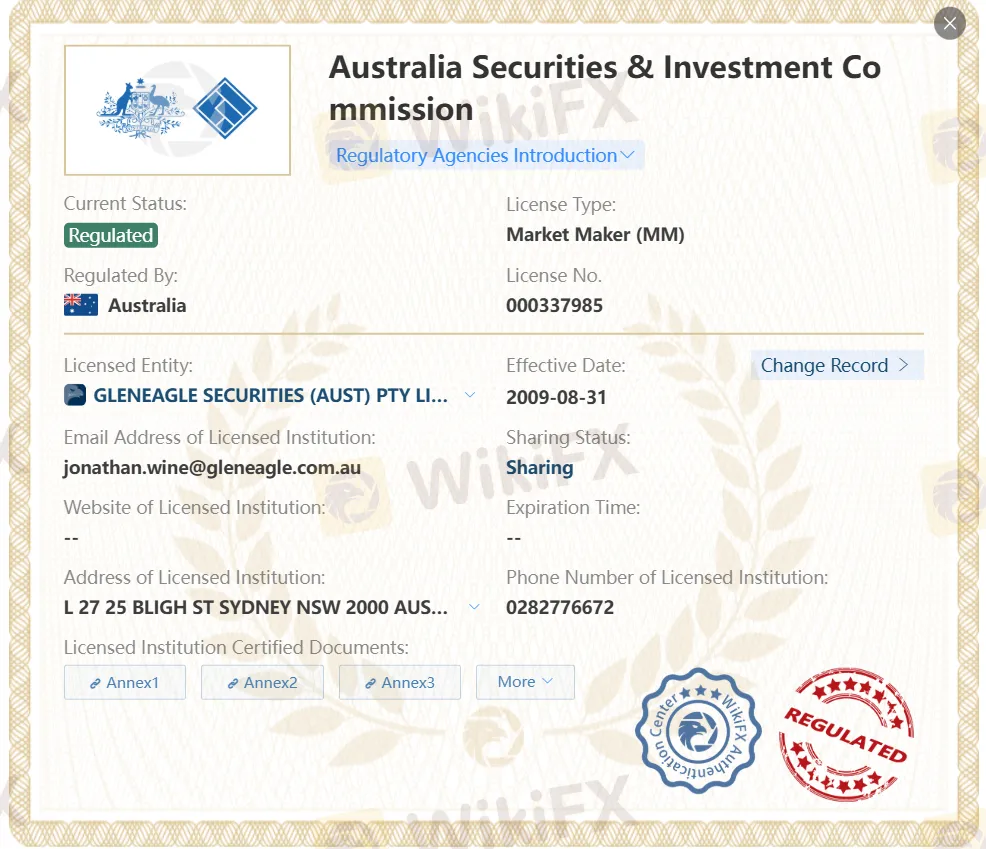
Gleneagle 서비스
| 서비스 | 지원됨 |
| 부동산 대출 | ✔ |
| 자본 조달 | ✔ |
| 펀드 관리 | ✔ |
| 전략 | ✔ |
| 수입 지급 | ✔ |
| 자본 성장 | ✔ |

Gleneagle 수수료
주식 수수료 및 요율
ASX 거래 주식 거래에 대해 일반적으로 부과되는 수수료는 거래 가치의 1.1% (GST 포함)이며 최소 $82.50이며 최대 1.65% 및 $150 (GST 포함)입니다.
ASX 파생상품 수수료
거래소 거래 파생상품에 대해 일반적으로 부과되는 수수료는 프리미엄 금액의 1.1% (GST 포함)이며 최소 $82.50이며 최대 1.65% 및 $150 (GST 포함)입니다.
OTC 거래 수수료
OTC 거래의 수수료, 비용 및 요금은 해당 제품의 PDS에 공개되어 있습니다.
| 수수료 상세 | 금액 |
| 은행 거절 수수료 | $82.50 |
| 수동 예약 수수료 | $33.00 |
| 재예약 수수료 | $33.00 |
| 고객 추적 수수료 | $30 |
| 실시간 총 정산 (국내) | $55 |
| 시장 외 이체 | $55 per security |
| 주식 대여료 | $110 |
| 우편 트랜잭션 확인 | $3.30 per confirmation |
거래 플랫폼
| 거래 플랫폼 | 지원됨 | 사용 가능한 장치 |
| Gleneagle 웹 | ✔ | PC, 노트북, 태블릿 |
